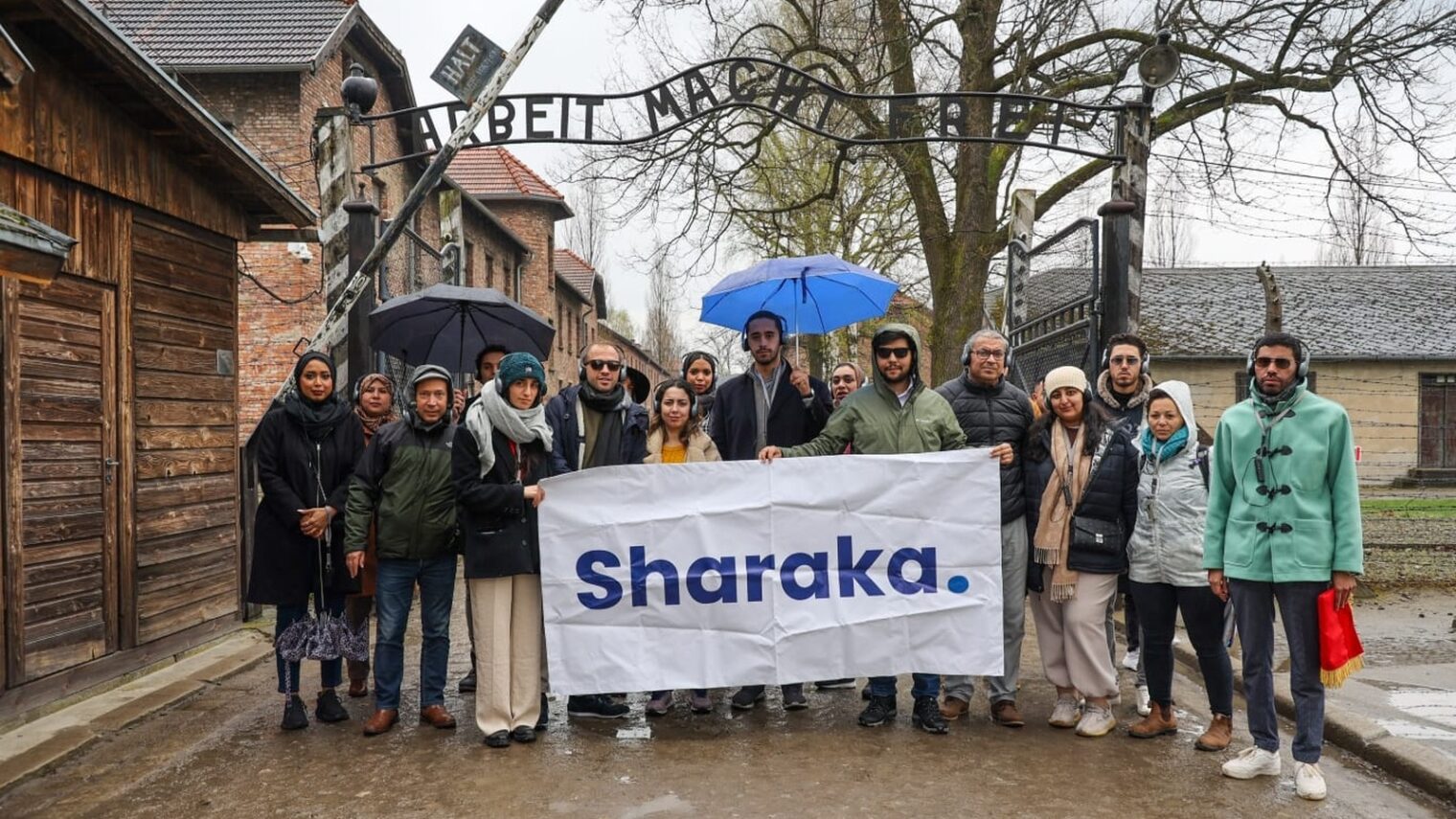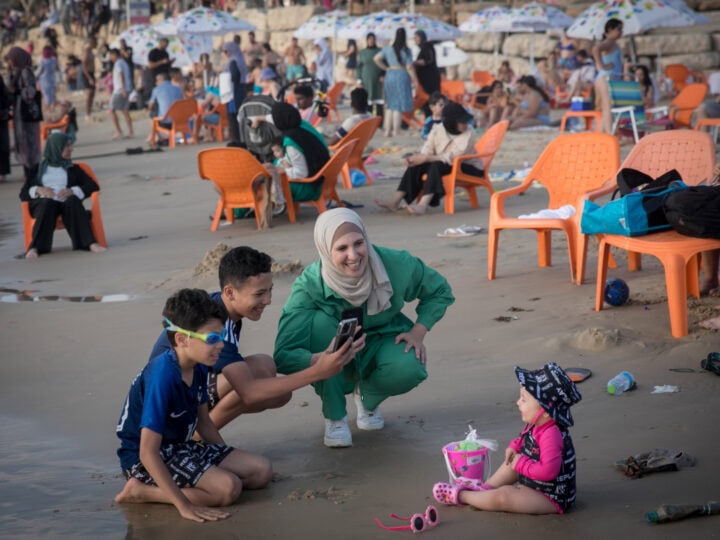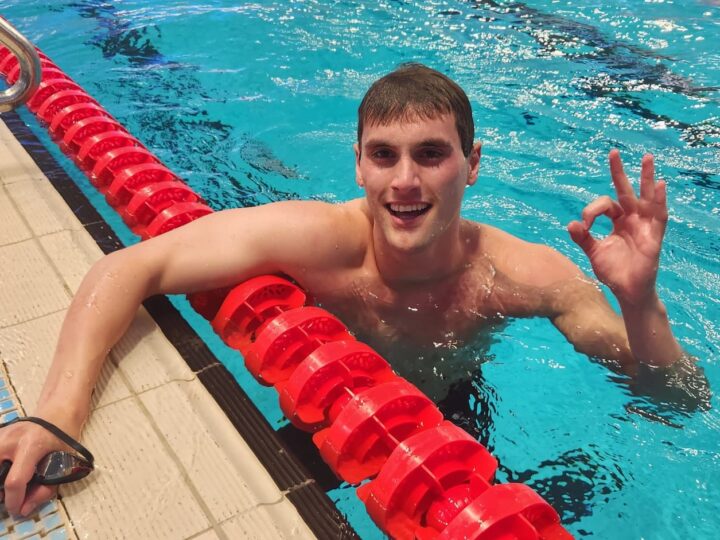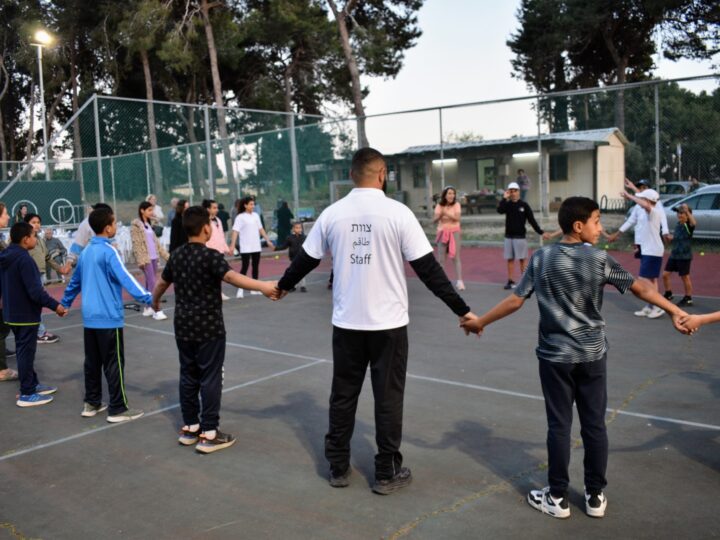Bahraini Ministry of Education employee Fatema Al Harbi got an unexpected proposal shortly after her country and the United Arab Emirates normalized relations with Israel in September 2020.
“Everyone was celebrating peace, and a friend called me and said, ‘Do you want to go visit the country [Israel]?’ It was still during Covid and I didn’t think we could travel — but I wanted to,” says Al Harbi, 31.
“I always want to see things with my own eyes and not through the eyes of the media or someone else, because that’s the only way to see the reality,” she tells ISRAEL21c.
Two months later, Al Harbi and her friend joined a delegation of Emiratis visiting Israeli Jews and Arab Muslims, Christians and Druze under the auspices of a new organization, Sharaka (“partnership” in Arabic).
Sharaka was founded by young leaders from Israel and the Gulf to actualize the vision of people-to-people peace. And it starts with busting myths.
“We always hear that Jewish people hate Muslims, that they don’t want Arabs there. But they were so welcoming,” Al Harbi says.
“It was a different reality than I expected. Complete strangers invited me for a Shabbat meal. The hospitality of Israeli Jews was incredible.”
Inspired by that experience, Al Harbi left her job and became Gulf Affairs Director for Sharaka. Now she also directs its newly opened branch in Manama.
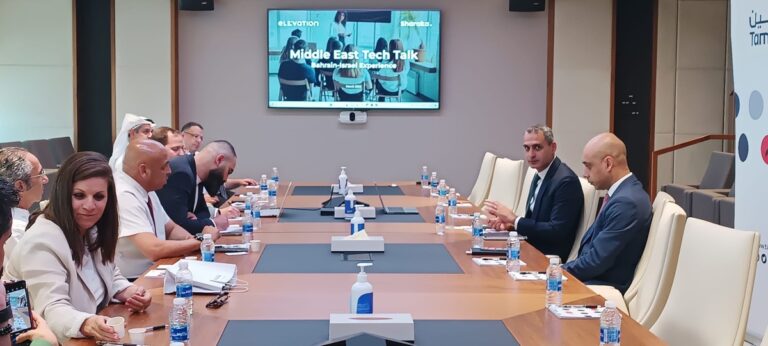
“I felt like I found my purpose advocating for peace. I want to be part of the change, because if we don’t start with ourselves nothing will happen,” says Al Harbi.
“Whenever you mention the Middle East, people think war and conflicts, but that is not the everyday reality. I want us, and our future grandchildren, to live in a time when you say ‘Middle East’ and people don’t think of a dangerous zone war but about the beautiful places they can visit there.”
Building bonds
“The Abraham Accords opened the door to a new era of cooperation and friendship,” says Sharaka Executive Director Dan Feferman, an author, speaker, researcher and cofounder of the Gulf-Israel Policy Forum.
“If we want peace and understanding, we have to get over a lot of the stereotypes that have been built up over the years.”
“Sharaka was founded by social entrepreneurs from Israel and the Gulf because peace agreements needed a human and public diplomacy dimension to them. We wanted people to get to know each other beyond the geopolitical or business aspects.”
Sharaka has led about a dozen trips for influencers, journalists, civil society leaders and businesspeople from the Arab and Muslim world to Israel and vice versa (including Morocco, which reestablished diplomatic ties with Israel in December 2020) and for Americans of Middle-Eastern descent to explore the Middle East. The organization also has organized international speaking tours and joint Arab-Israeli delegations to Europe for March of Living.
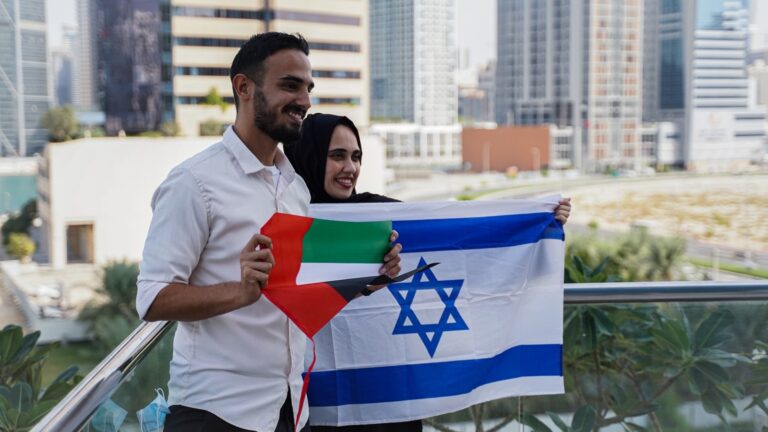
“In the Arab world they know little about Israel except stereotypes around the conflict, a twisted version told by Arab media,” added Amit Deri, Sharaka’s cofounder and an Israeli social entrepreneur. “They are surprised to learn that 20 percent of Israeli citizens are Arabs.”
Jointly managed by Israeli Jews and Arabs, the trips feature speakers with diverse viewpoints and afford firsthand experiences to convey a more nuanced understanding of society.
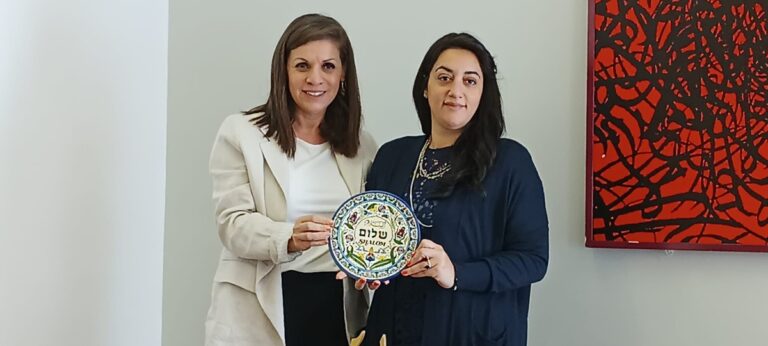
Between trips, Sharaka organizes online joint initiatives, ongoing projects and dialogues.
“It’s about people meeting people,” says Feferman. “If we want peace and understanding, we have to get over a lot of the stereotypes that have been built up over the years.”
“The most surprising thing is always the people,” agrees Al Harbi. “When Israelis come to Bahrain and the UAE, they are always surprised that people are so welcoming and friendly.”
Taking on extremism
Deri says that he and his Sharaka colleagues saw there was a lot more work to be done internationally to promote the Abraham Accords and to fight extremism, antisemitism and islamophobia.
“There are a lot of misconceptions in the region and around the world — and in the US especially, where the accords are misunderstood and downplayed. We’re trying to build understanding and support for what should be considered a massive success story that’s changing the paradigm of the Middle East.”
Sharaka started sending speakers to American Jewish and Muslim faith communities, universities, elected officials and public policy forums and hosting delegations of different ethnic community leaders in Israel, UAE, Bahrain and Morocco.
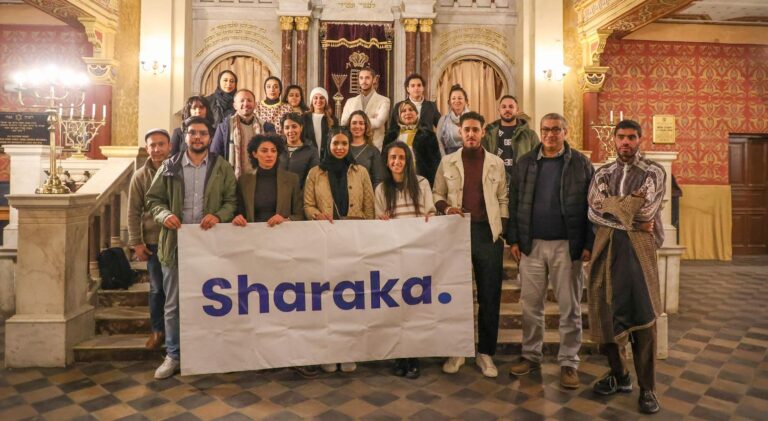
In May, for instance, Sharaka and the Jewish Institute for Liberal Values hosted a group of African American, Asian American, Hindu American, Latino American, Muslim American and Jewish American thought leaders aimed at building a multi-ethnic leadership coalition for the Abraham Accords.
The itinerary ranged from discussions with public intellectuals and with students at the Ein Prat leadership academy to a tour of the Yad Vashem Holocaust Museum.
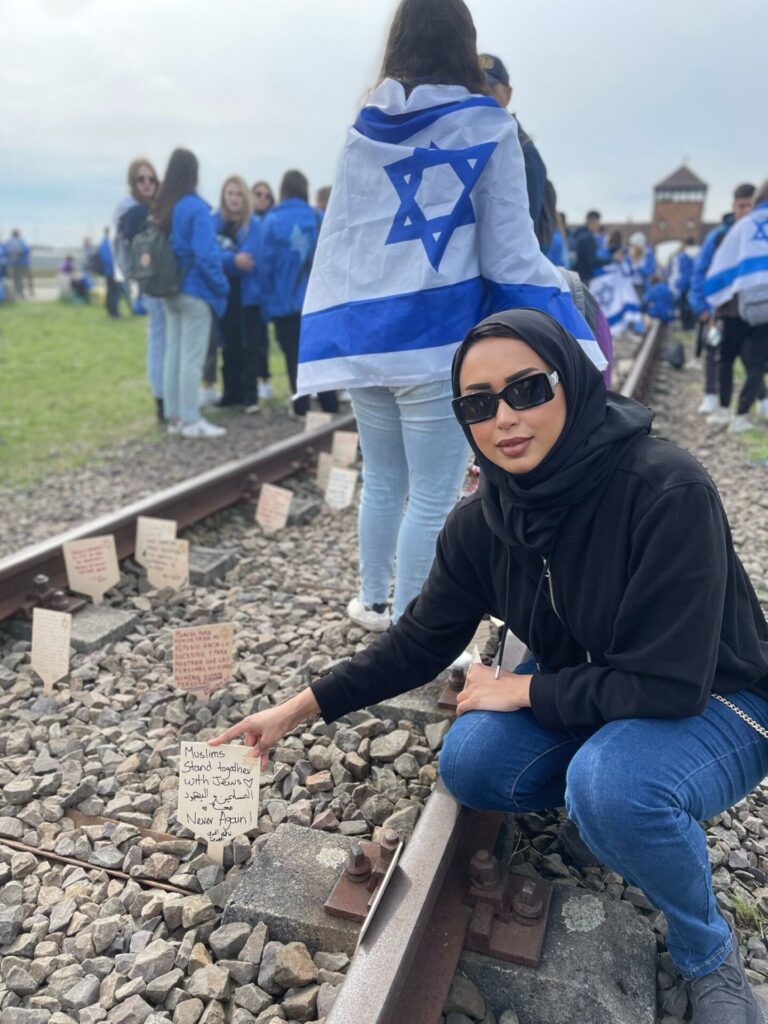
“Over the last year, we’ve been working on Holocaust education because it’s an impediment to peace that many people are unaware of how the Holocaust continues to affect Israeli society from day to day,” Feferman explains.
Al Harbi went on two Sharaka trips to the site of the Auschwitz extermination camp in Poland. She also participates in speaking tours to the United States.
“We come there to make more people aware and supportive of the new narrative happening in the Middle East,” she says.
“In the United States, people are often shocked that the reality is not what they assume — that women don’t have rights or opportunities, that we have conflicts all the time. When they hear us, they hear a different narrative and ask many questions. At the end, they have a changed understanding and their eyes are opened.”
For more information, click here.




